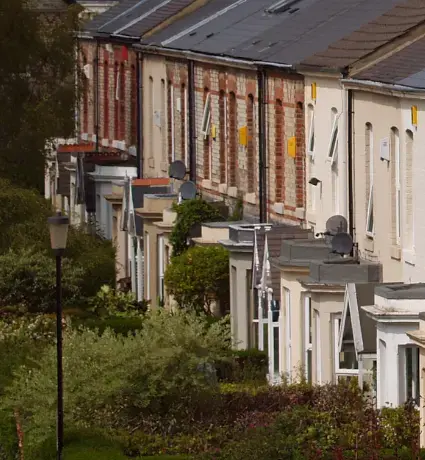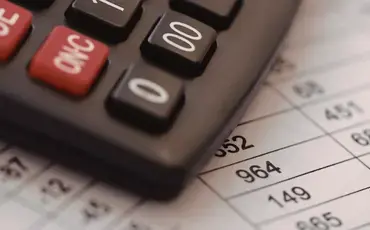
Should I buy a property with a short lease?
It is a great feeling when you have finally found the right property that you want to purchase, and even better when it appears to be at a great price. One of the first things you should check with a leasehold property is how long left is left of the term of the lease.
What is a leasehold property?
There are two different ways of owning property in England and Wales. Freehold or leasehold.
Freehold means that you own the land and the building that sits on it.
Leasehold means that you own a lease. You will have the right to live in the property for a specified number of years (for example, 99, 125 or 999 years). The lease will provide the details on the length of the lease ownership and all other terms and conditions relating to the ownership of the lease. Most flats and maisonettes are owned on a leasehold basis.
What is considered a short lease property?
A short lease is usually considered to be a lease with 80 years or less left.
What are the benefits of purchasing a short lease?
The price of the property will generally be lower and therefore may be attractive especially for cash buyers and investors.
But what are the risks associated with purchasing a short lease property?
- The shorter the lease of the property, the less value the property becomes.
- Mortgage lenders do not like to lend on a property with a short lease and therefore it is difficult to secure a mortgage.
- You may have difficulty in selling the property. The shorter the term of the lease, the less desirable the property will be for future buyers and also it may be harder for future buyers to secure a mortgage for the property.
- If you are able to extend the lease, this will come with cost as you may need to pay a premium to the landlord and there may also be surveyor and legal fees incurred.
Can I increase the term of the lease?
There are ways of extending the term of the lease. Increasing the term of the lease doesn’t come without cost and you may have a premium to pay to the landlord, legal costs and surveyor costs. You should have a discussion with your conveyancer to establish what is the right option for you
How can we help?
If you are planning on buying or selling a house, get in touch with our specialist residential conveyancing solicitors.
Contact our team by telephone on 0330 123 1229, complete our contact form or send us an email via info@smithpartnership.co.uk.

Share this article






















